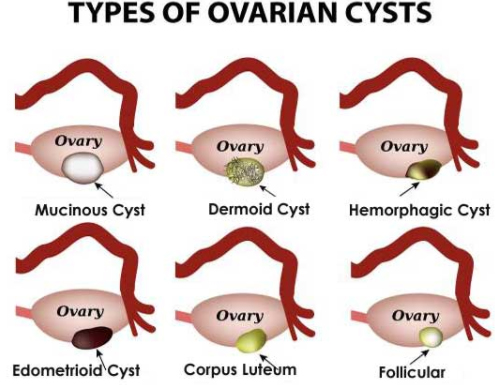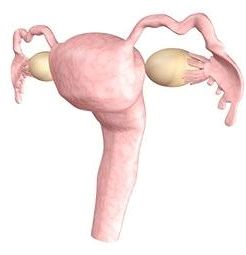
Ovary cysts are a common medical problem, and a variety of treatments can be effective. In some cases, these cysts are completely benign. However, some women experience pain or discomfort when they try to conceive, and may be referred to a doctor. Ovarian cysts can also be symptoms of other conditions, such as pelvic infections and PCOS. Some people experience no symptoms at all.
To diagnose ovarian cysts, a doctor will use a general anesthesia to put the woman into a deep sleep and block pain. The healthcare provider will perform a physical examination and a pelvic examination, and may even perform an ultrasound. A doctor may use an ultrasound to determine the size of the cyst and whether it is solid. The MRI is another common procedure for ovarian cysts and is used to provide an exact picture of the affected organ.
A doctor can perform several tests to diagnose the condition. During a pelvic ultrasound, a thin camera-equipped device is placed in the pelvic cavity and uses sound waves to create an image of the ovaries and uterus. This test can confirm the presence of an ovarian cyst and identify the location and type of cyst. A doctor can also perform a laparoscopy to remove the cyst using a tiny incision in the abdomen. This procedure is not invasive, and you will be able to return to your normal life without any discomfort.
Some women experience no symptoms or mild discomfort with ovarian cysts. A physician will use hormonal contraceptives to prevent future cyst growth. Other treatment options may include taking NSAIDs to relieve the discomfort caused by cysts. If the ovarian cyst continues to grow, your doctor may recommend minimally invasive surgery to remove the affected ovaries. Oophorectomy is one of the most common surgeries used to treat ovarian cysts, and is generally performed under general anesthesia.
Depending on the type of ovarian cyst, a doctor may recommend treatment for an ovarian cyst based on its location and size. Surgical procedures can also remove ovarian cysts. Surgical procedures may include surgery and medications. For women with severe or persistent ovarian cysts, the surgeon may perform an ovarian cystectomy. During the procedure, the patient is given an anesthetic.

In some cases, the cyst may not be cancerous. A doctor may recommend treatment for an ovarian cyst, which includes hormone replacement therapy. If the cyst is not cancerous, birth control pills may be effective. Ovarian cysts are a common condition that can be treated. Fortunately, there are many effective options. Ovarian cysts can be treated with over-the-counter medications, prescription drugs, and natural remedies.
Medications may be prescribed to relieve pain or even prevent future cysts from forming. Non-steroidal anti-inflammatory drugs may be taken to relieve discomfort. NSAIDs and hormonal contraceptives may also be effective. If the cyst is cancerous, the doctor may remove the cyst and ovary. If the ovarian cyst is benign, surgery can be performed with a few staples. It is important to make sure that the invasive procedure is performed correctly.
Most ovarian cysts disappear on their own. In some cases, a doctor may recommend surgery to remove them. In these cases, doctors use general anesthesia and do a pelvic exam to look for a cyst. In some cases, the cyst is too large or persistent to be treated with other methods. In such cases, surgery may be required. Ovarian cysts can be cancerous, so it is important to diagnose them early to avoid complications.
Treatment for ovarian cysts can vary. Surgical removal is the most common option for severe or persistent cysts. If the cyst is painful, it may be cancerous. It is important to seek medical attention for ovarian cysts as soon as possible. Symptomatic cysts can be painful and require immediate treatment. The doctor will perform a thorough physical exam to find the cause of the cyst. The specialist may suggest other invasive procedures to reduce pain.
Treatment for an ovarian cyst may include a surgical procedure to remove the cyst, which you can read about on the medical website ACN web. This is often done if the cyst is too large to be removed by other means. Your doctor may perform a laparoscopy to look at your ovaries. If it has not been removed, the doctor will most likely perform a laparoscopy to look inside the abdomen. This procedure can be done with or without a laparoscope and can help your doctor locate the cyst.